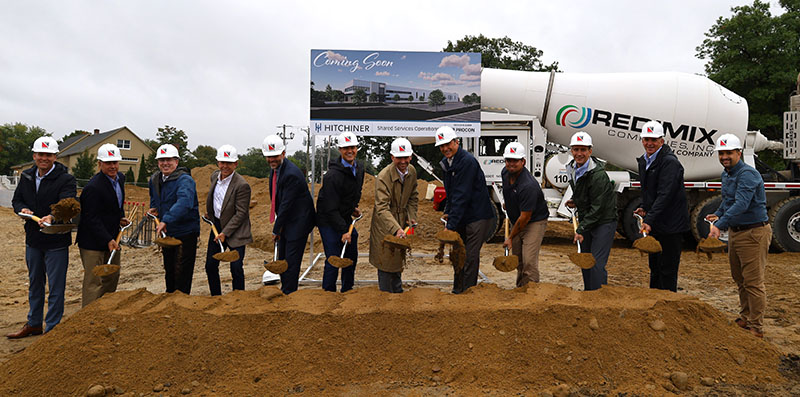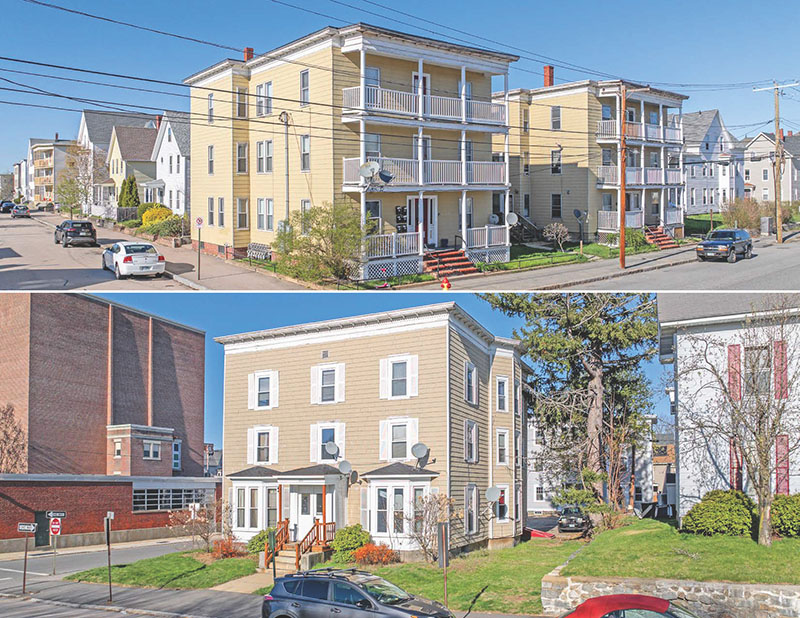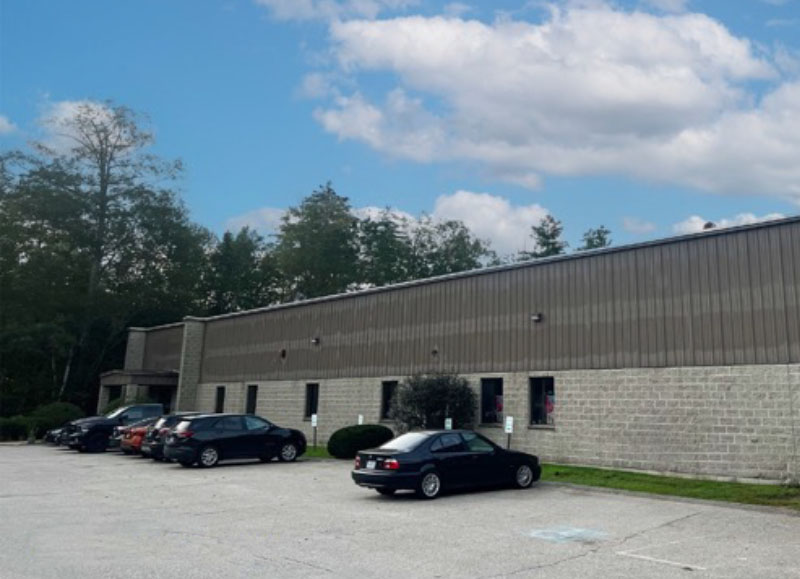How the Trump and House tax plans may impact your real estate plans - by Henry Rinker
 Henry Rinker, Baker Newman Noyes
Henry Rinker, Baker Newman NoyesAlthough some procedural and other hurdles remain, Republicans stand a good chance of passing the most significant tax law changes the U.S. has seen since the 1980s. President Trump and the U.S. House of Representatives have offered different proposals, with a revised proposal by Trump promised in the very near future. Their current plans share many similarities, suggesting that many of their characteristics will become law. What follows is a look at how the preliminary plans (available as of late February) could impact the real estate industry.
Capital gain property (including real estate)
• When sold
Current laws provide favorable federal tax rates on long-term capital gains, ranging from 0%, 15% or 20%, depending on the taxpayer’s overall tax bracket. Trump’s plan maintains these rates, and merely indexes them to new overall tax brackets. The House “blueprint” subjects gains to “ordinary income” tax rates, which are proposed at 0%, 12%, 25% and 33%. However, only half of such gains will be subject to tax at all, effectively cutting those rates in half.
• When donated to charity
Charitable contributions of certain property (including appreciated real estate that was held for more than one year) currently generate two significant benefits: (1) a charitable contribution deduction equal to fair market value, rather than cost; and (2) the ability to permanently avoid paying tax on the inherent gain (value in excess of cost basis).
Trump’s plans call for many itemized deductions to be eliminated, but for charitable contributions to survive. However, the plans also call for itemized deductions to be capped overall at $100,000 for single filers and $200,000 for joint filers. It is unclear whether charitable contributions will be subject to the cap, or exempt from it.
The House has not finalized plans regarding contributions, but notes that the ways and means committee will develop a plan that rewards donations.
• When held until death
Currently, an estate tax is assessed on a decedent’s property if the net value at the time of death exceeds $5.49 million. Generally, whether or not the tax applies, beneficiaries who inherit such property receive it with a new cost basis equal to the value as of the decedent’s date of death. Any built-in gain as of that date permanently escapes income taxation. The focus, under current laws, is on the overall estate value. If big enough, it is taxed; if small enough, it is not. Either way, the beneficiary receives a stepped-up basis.
The House plan simply indicates that it will eliminate the “death tax.” The Trump plan eliminates it, but offers an interesting alternative.
Under Trump’s plan, the focus shifts to built-in gains at the time of death. An estate tax will no longer be assessed on overall value, but if previously-untaxed gains exist at the time of death, and those gains exceed $5 million, the gains will be taxed at that time. We are not provided enough details to know with certainty, but it appears that securities not subject to this tax will pass to beneficiaries at historical cost, meaning that the gain remains intact and continues to build.
Pass-through income
The House plan will limit flow-through and proprietorship income to a tax rate of 25%, but compensation paid or deemed paid to owner-operators will be taxed based on the new regular brackets, which top out at 33%.
Trump proposes a flat 15% income tax rate for businesses, which apparently also applies to flow-through income. It is not clear whether the new rate will apply to wages or guaranteed payments derived from those same businesses, and there is much speculation that owners may become subject to a second layer of tax applicable to distributions (something flow-through entity owners now generally escape).
Like-Kind Exchanges (Internal Revenue Code Sec. 1031)
Current law provides deferral of gain, and avoidance of current taxes, by utilizing a “like-kind exchange” to transfer property. In recent years lawmakers have expressed willingness to repeal this benefit. Neither the House plan or Trump plan mentions this, but it would not be surprising to see talk of repeal resurface as negotiations progress.
AMT
House and Trump plans calls for an immediate end to the Alternative Minimum Tax.
Carried interest
Carried interest is a term describing not interest, but a method of assigning profits to partnership or LLC members. It has the effect of converting ordinary income into long-term capital gains for certain owner/managers.
The House plan does not propose any changes. In contrast, Trump’s plan calls for an end to the favorable treatment, but it does not explain how.
These are just a few ways that Trump’s tax plans and the House blueprint may impact those in the real estate industry. Much more will become clear in the weeks and months that follow.
Henry Rinker is a CPA and tax advisor at Baker Newman Noyes, Portland, ME.
PROCON and Hitchiner break ground on 57,000 s/f shared services operations facility








